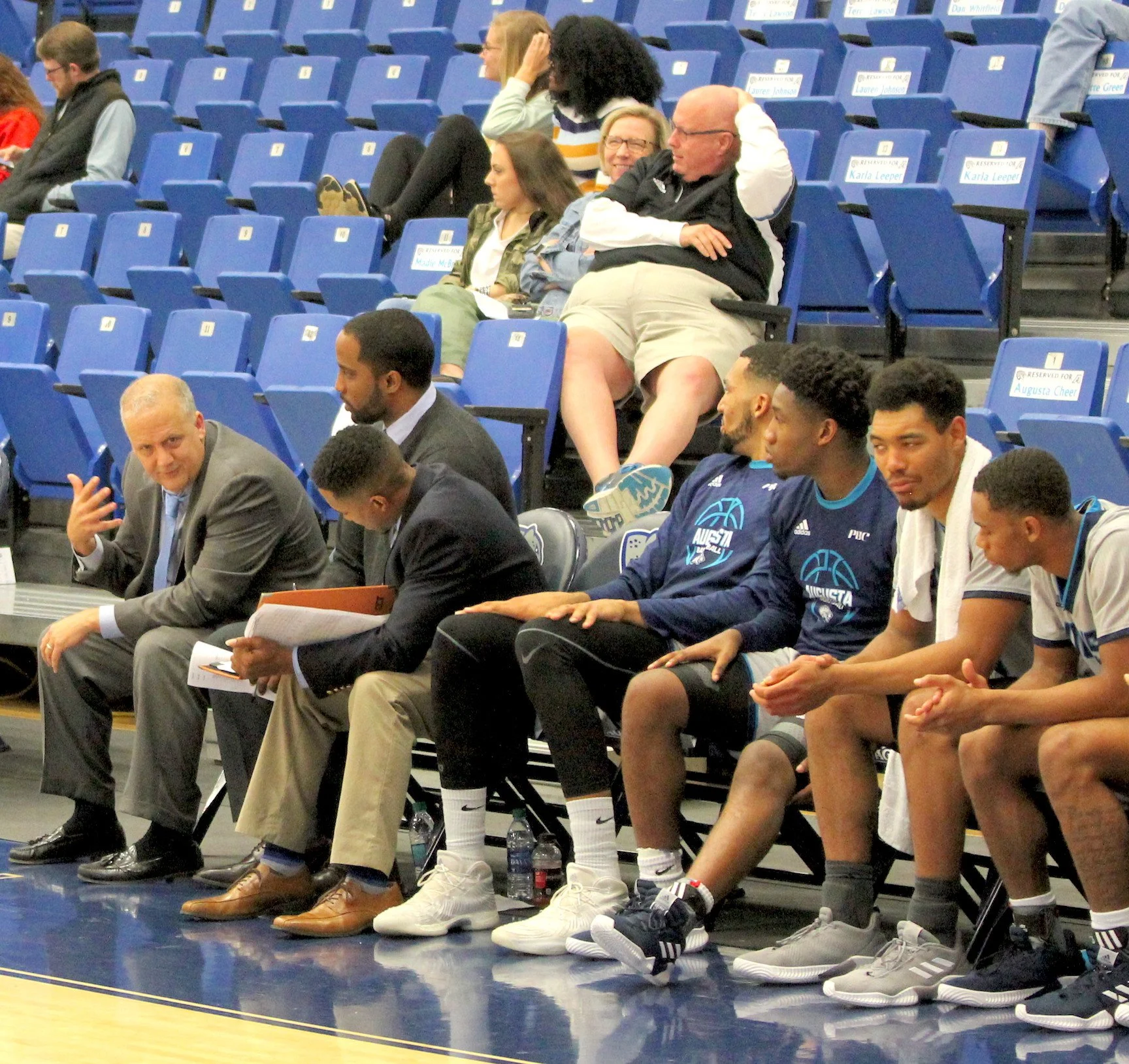BOR changes post-tenure review – ‘Solving a problem that doesn’t exist,’ says AU professor
By Chris Woods | News editor
The University System of Georgia Board of Regents voted Oct. 13 in favor of post-tenure review policy changes that some Augusta University faculty feel threaten tenure and, therefore, academic freedom and signify major setbacks for the future of USG schools.
Two significant changes that Georgia university educators are facing are revisions to the post-tenure review process as well as the addition of a student success metric to faculty evaluations.
Dustin Avent-Holt, AU professor of sociology who led protest efforts at AU in September opposing the BOR’s policies concerning COVID-19, called the BOR’s recent vote “disrespectful” to both the culture of academia and to academic freedom and said he considers the changes “solving a problem that doesn’t exist” since 96 percent of tenured faculty go through the post-tenure review process successfully.
“There’s reasons that [the Board of Regents] gives, and there’s reasons that, I think, are real. The reasons that they give is that...we’re trying to create guidelines that will help faculty. They frame this as it’s helping faculty know how to do their jobs well,” he said. “They’re offering no evidence that faculty aren’t doing their jobs well, that faculty want this guidance, or that faculty need this guidance.”
Avent-Holt also expressed great concern for the “vague language” of the new policies that he said he and others fear will allow administrators to target faculty for their personal beliefs or political stances and simply “get rid of faculty [administrators] don’t like.”
AU history professor Sandrine Catris said she feels the changes are “deeply troubling” as they “weaken the concept of tenure” by undermining the long-standing peer-led structure of tenure review by giving administrators the upper hand in the process, which, in turn, jeopardizes academic freedom.
“We still have tenure, technically, on paper, but it’s a tenure that’s so weak it’s almost as if there is no tenure,” Catris said. “This puts at risk academic freedom because how do we protect ourselves from administrators who don’t like what we teach or don’t like what we research and want to punish us based on that? Without tenure, academic freedom has no protection.”
Other critics of these changes, which include organizations like American Association of University Professors and the Foundation for Individual Rights in Education, also largely see these changes as an attack on academic freedom, a benefit afforded by tenure for professors to pursue and convey knowledge relatively unhindered that is considered a cornerstone for advancement and academic growth in higher institutions of learning.
FIRE, an organization dedicated to preserving university student and faculty rights, issued a letter to the BOR warning of the “intrusion of politics” into the post-tenure review process and highlighted the decades-long standing by the U.S. Supreme Court which supports academic freedom as a reminder that the First Amendment will not allow laws that impede this freedom.
According to FIRE, versions of the proposed changes prior to the vote included verbiage that appeared to allow tenured faculty to be fired without cause but was removed before the final vote.
In September, AU faculty and students protested the board’s COVID-19 policies that several professors said would have long-term negative effects on future student and faculty recruitment and retention, and those same concerns are even more relevant now, according to Catris and Avent-Holt.
“It’s going to make it incredibly hard to recruit faculty. What people now know and associate with public universities in the state of Georgia is the death of tenure and that we have weakened tenure protections,” Avent-Holt said. “Potential faculty candidates are going to be reluctant to apply to jobs in Georgia. Faculty who are here are going to be looking for jobs elsewhere.”
Catris, who is the AU-chapter president of the AAUP, said that everyone in the AAUP is troubled by the changes and echoed Avent-Holt’s concerns for the future of the USG.
“If you have a choice between working in a system with strong tenure...versus one where it’s just been weakened, I think most people will choose the one where tenure is stronger. It’s going to be hard to recruit new people. It’s going to be difficult to retain faculty,” she said. “So, all of those things can lead to a decline in ranking.”
Catris further stated that if the USG’s rankings drop, prospective students may also be less inclined to apply to Georgia schools and opt for states that are afforded more academic freedom.
At top of page, Avent-Holt expressed thoughts concerning the changes made by the BOR. (photo by Rakiyah Lenon)
Contact Chris Woods at riwoods@augusta.edu.



